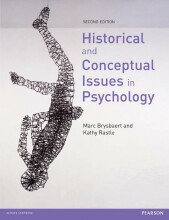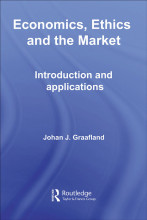Summary: Archaeological Theory
- This + 400k other summaries
- A unique study and practice tool
- Never study anything twice again
- Get the grades you hope for
- 100% sure, 100% understanding
Read the summary and the most important questions on Archaeological Theory
-
1 Induction - Deduction - Abduction
This is a preview. There are 9 more flashcards available for chapter 1
Show more cards here -
What is the difference between deduction and induction?
Deduction: the conclusion is certain
Induction: the conclusion is probable -
What are the views of Popper?
- You can
falsify a conviction by doing one observation
criticized for this veryatomistic approach to knowledge.- ''Doing science is about having one proposition and one state of affairs in reality and then is it
falsified orcorroborated''
- You can
-
What were critiques on Popper?
- There are many ways of reasoning around a
falsification - Falsification is never a
one-on -one thing (one proposition and one state of affairs) - It is a
holistic thing = a body of knowledge - There is always a
tinkering somewhere in this body of knowledge
- There are many ways of reasoning around a
-
With what concepts does abduction deal?
- Equifinality
- Underdetermination
-
2 Archaeological observation is theory-laden
This is a preview. There are 18 more flashcards available for chapter 2
Show more cards here -
What is the problem of induction?
- There is no complete certainty that the next time the result is the same
- The truth is hard to come by - Popper
-
Who had the logical positivism view?
Hume -
Who's view is an example of a relativism view?
Kuhn -
What makes the many paradigms stronger? (present-day view)
- All the paradigms come across corroboration and falsifications of their predictions and they handle this corroboration -> make them stronger
- Falsifications can make them weaker but there is no such thing as instant reality or instant falsification
-
What is the critique on the view of Putnam?
- Too naïve
- Too atomistic
- Too holistic
-
A holistic, constructive, moderately realist, pluralist view of archaeological research (present day view?)
- The specific paradigm not only defines the
meaning of terms, but also what is considered to be: - A solid argument
- A good reason to revise a view
- Reliable
empirical evidence - What the subject matter of the particular discipline should be in the first place
- The specific paradigm not only defines the
- Higher grades + faster learning
- Never study anything twice
- 100% sure, 100% understanding






























